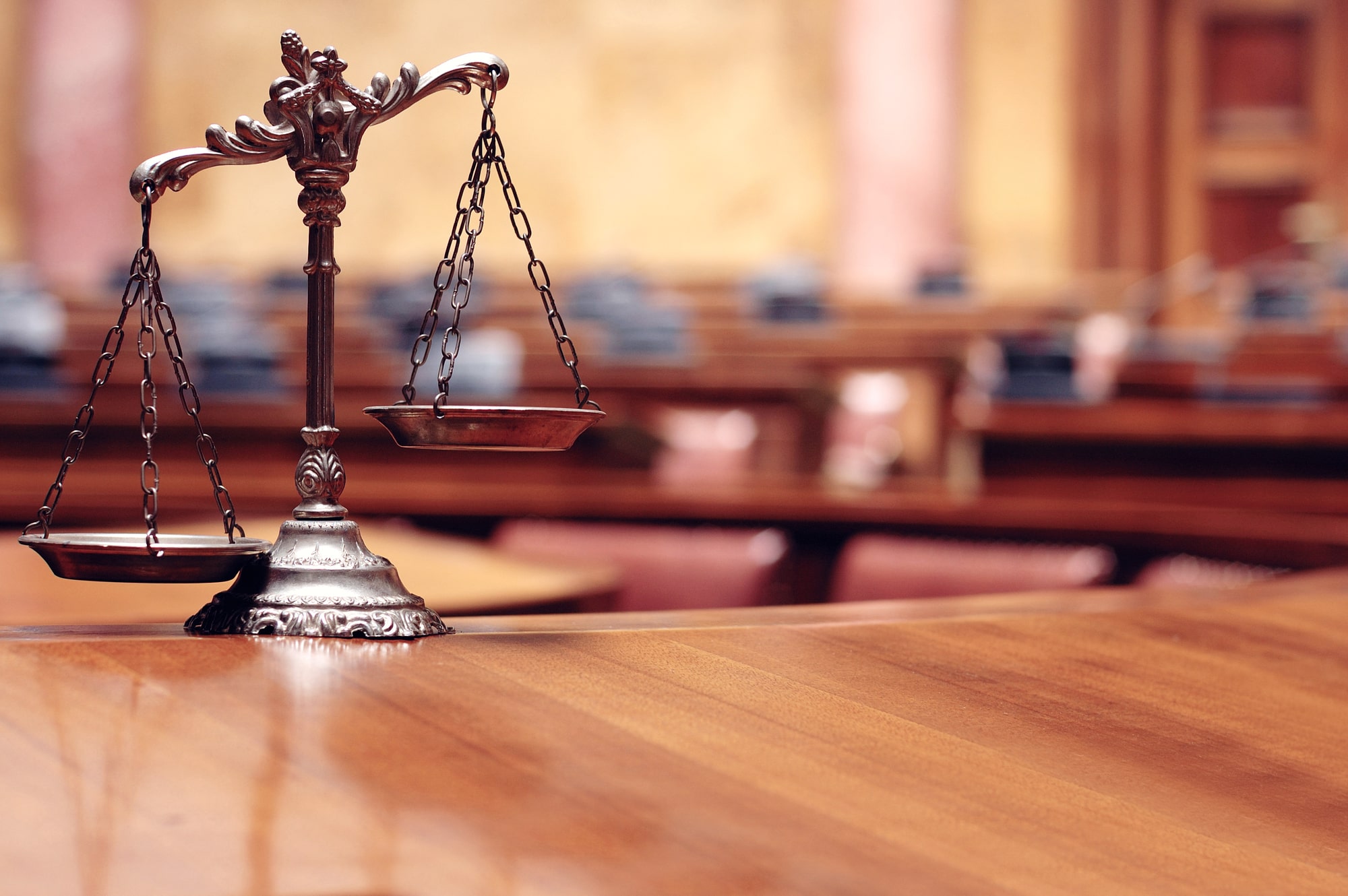In the world of criminal traffic offenses, terms like DUI (Driving Under the Influence) and DWI (Driving While Intoxicated) are often used interchangeably, leading to confusion for many. The recent arrest of Patrick Mahomes Sr., father of Kansas City Chiefs superstar quarterback Patrick Mahomes, has brought these terms into the spotlight.
Which has made many ask the question: Just what is the difference between a DWI and a DUI?
The answer from our friends at the Law Offices of Richard Waller is, ‘Not much.’
One of the primary sources of confusion surrounding DUI and DWI is the inconsistency in terminology across different states. While the majority of states use either term interchangeably, some jurisdictions have distinct preferences. California, for instance, utilizes DUI as its designation, applying it to both alcohol and drug-related cases. On the contrary, New Jersey prefers DWI, covering offenses involving both alcohol and drugs, including prescription medications and legal recreational drugs.
In regions that distinguish between DUI and DWI, the differentiating factors often revolve around age or blood alcohol content (BAC). Maryland, as an example, assigns the DUI charge to those with a BAC of 0.08 or higher, while DWI is for individuals with a BAC of 0.07. Additionally, Maryland imposes a DUI charge on anyone under 21 who has any detectable level of alcohol in their system. These variations highlight the nuanced ways in which states categorize and penalize impaired driving offenses.
It’s crucial to note that impaired driving isn’t limited to alcohol. Many states, like New York, criminalize the use of prescription and legal recreational drugs if they negatively impact a driver’s abilities. This underscores the broader scope of DUI and DWI charges, encompassing a range of substances that can impair judgment and reaction times.
In conclusion, understanding the difference between DWI and DUI requires navigating through a complex web of legal definitions, jurisdictional preferences, and specific factors such as age and blood alcohol content. The arrest of Patrick Mahomes Sr. serves as a reminder of the importance of awareness and responsibility when it comes to impaired driving. Whether your state uses DUI or DWI, the consequences of driving under the influence remain significant, emphasizing the need for education and prevention efforts to ensure the safety of all road users.
If you or a loved one is facing charges of DWI or DUI, seeking guidance from an experienced criminal defense attorney is paramount. Navigating the legal complexities surrounding impaired driving offenses demands specialized knowledge and an understanding of the unique circumstances that may affect your case. A seasoned attorney in your local area possesses familiarity with jurisdiction-specific laws, enabling them to build a tailored defense strategy. They can assess the evidence, challenge procedural errors, and advocate for your rights, ultimately working towards mitigating the potential consequences of a DWI or DUI charge. By consulting with a skilled legal professional, you significantly increase the likelihood of achieving the best possible outcome and safeguarding your future.

